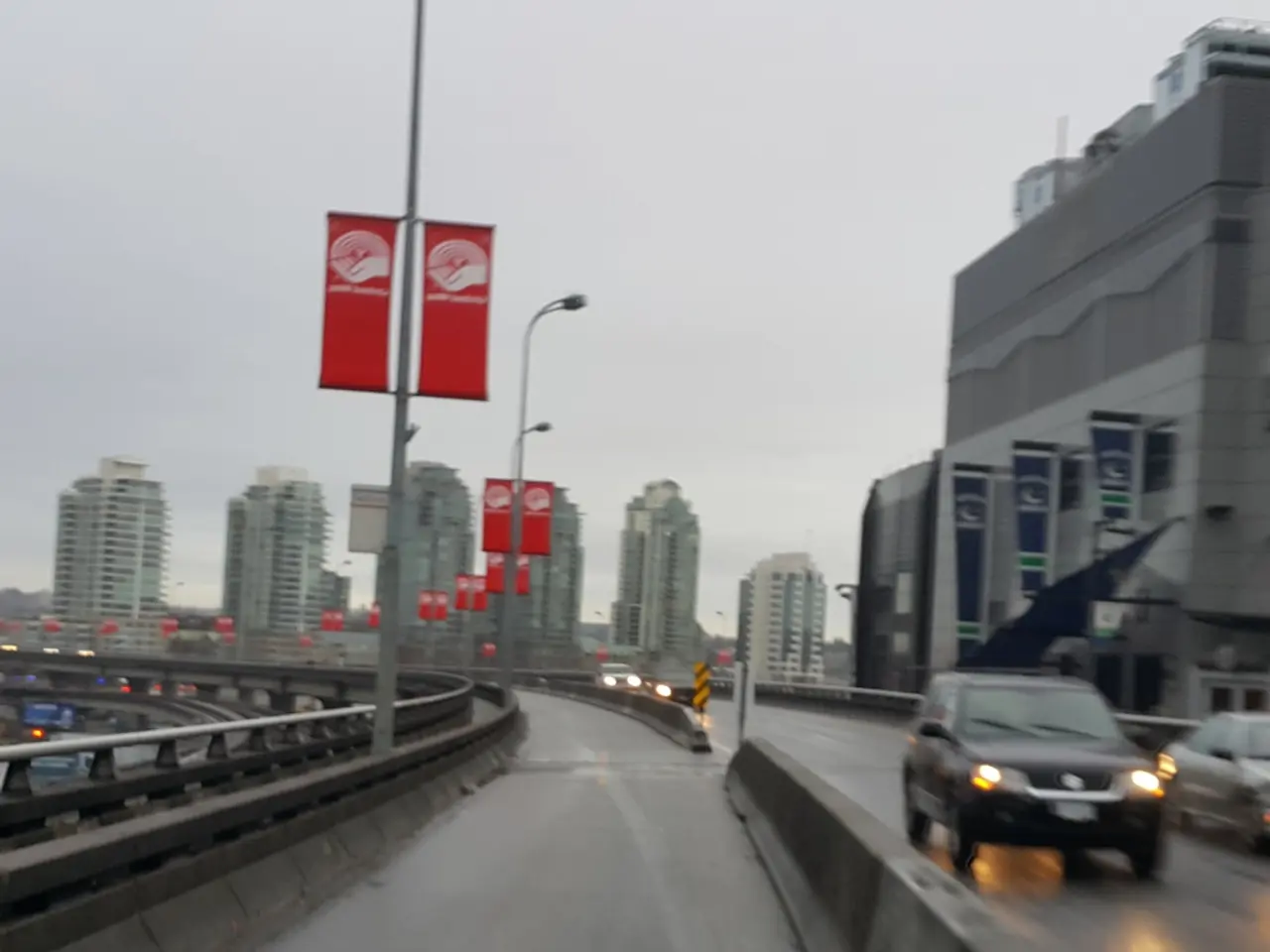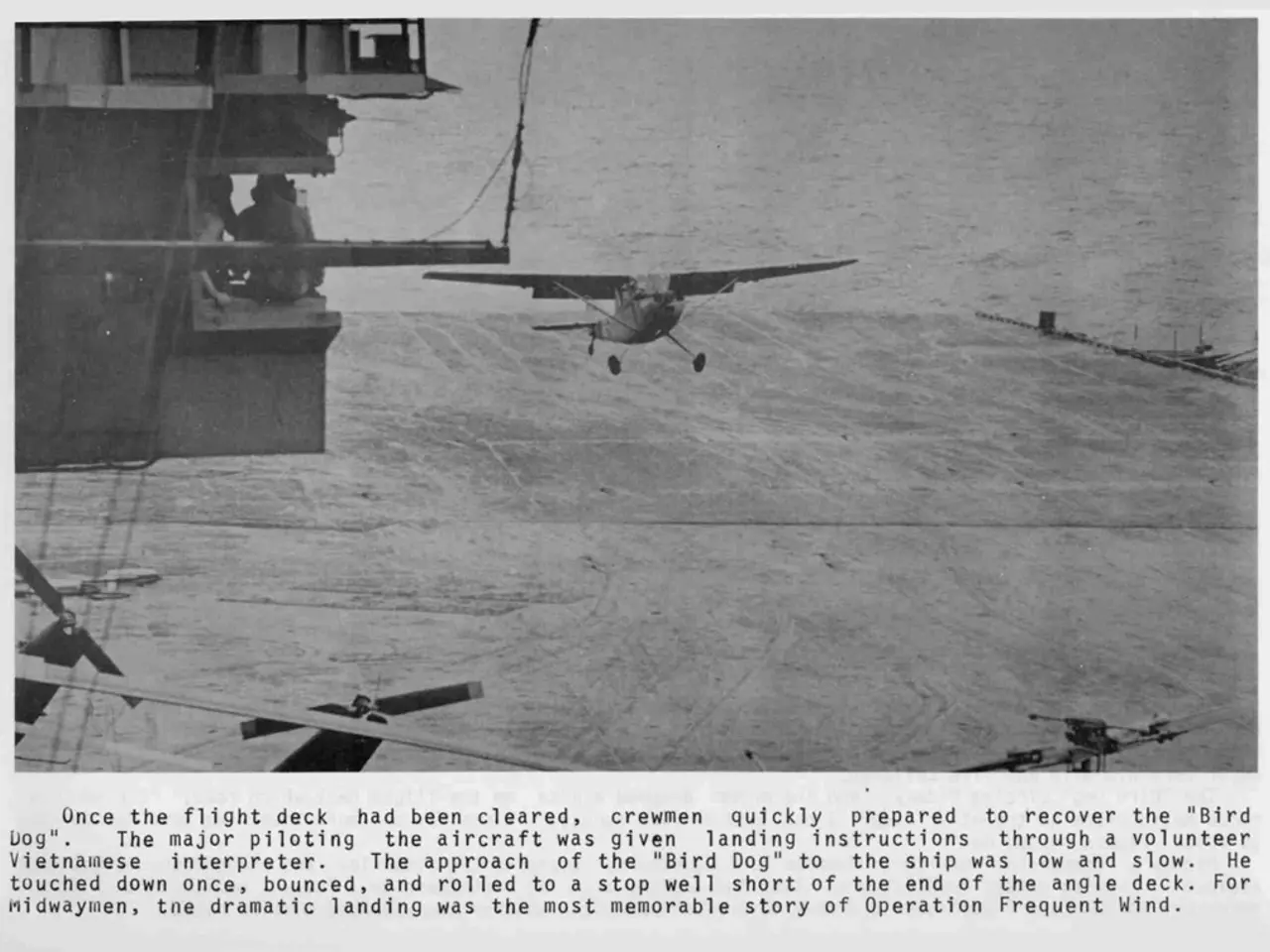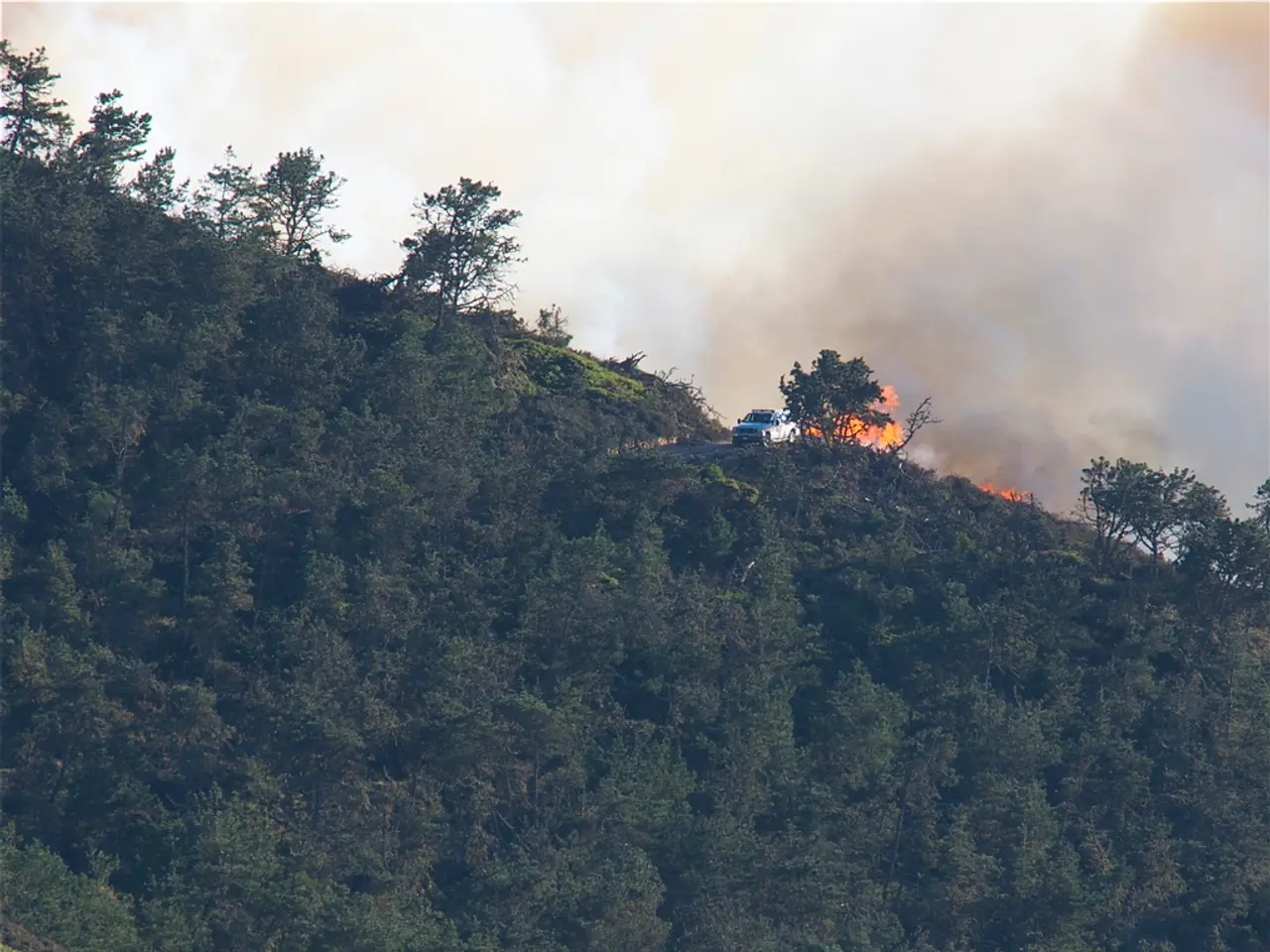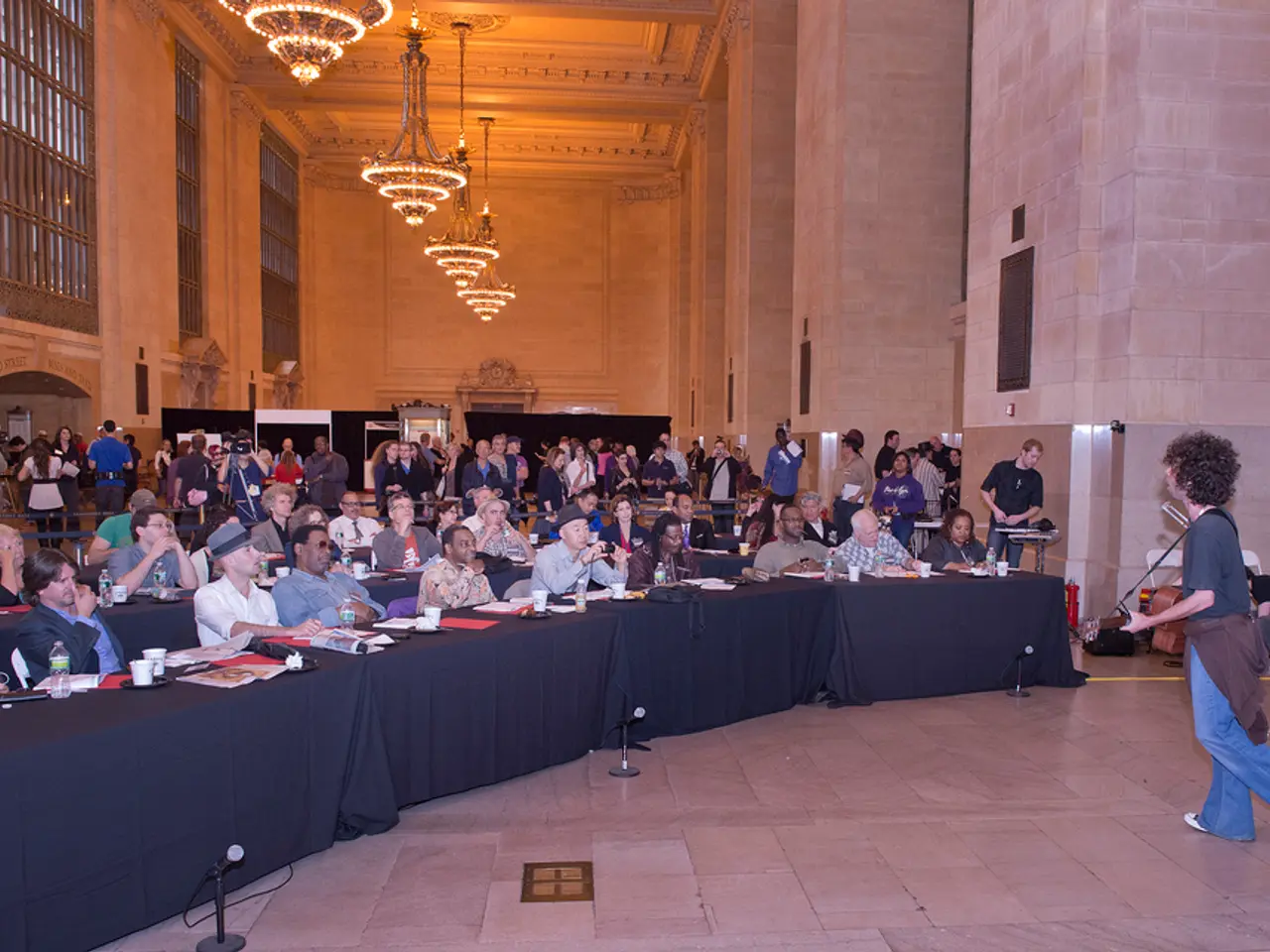Government aims to prevent traffic congestion at border checkpoints
In response to escalating border controls between Germany and Poland, the Federal Ministry of the Interior in Germany is working diligently to minimise traffic disruptions on the A12 motorway.
The proposed solutions include the addition of a third lane for border processing on the A12 motorway, advocated by Brandenburg's Minister President Dietmar Woidke, to facilitate border checks and reduce traffic congestion in the border area. The Federal Police are also evaluating potential infrastructural changes to improve traffic flow, ensuring a balance between operational needs and smooth border crossing experiences.
Strategic selection of inspection locations is another key focus for the Federal Police, with the aim of preventing or reducing bottlenecks by choosing border inspection points that limit the impact on traffic.
Recognising the need for cooperation, discussions are underway between German and Polish authorities to coordinate border controls more efficiently. This may involve joint controls to ensure smoother traffic management, as suggested by Woidke, who questions why border controls by German and Polish police forces are not conducted jointly.
These efforts come in response to already observed traffic delays at the border due to intensified German controls and the planned increased checks by Poland, designed to address migration concerns. Authorities on both sides are aware that without such measures, the traffic jams currently common—sometimes lasting several hours—may worsen.
It is worth noting that Poland has stated that controls at the border with Germany will be carried out solely by the Polish border guard, military police, homeland security, and police. This decision was made in response to Germany's increased border checks, which were initiated by Federal Interior Minister Alexander Dobrindt (CSU) in May. Germany has been conducting random checks at the border with Poland since October 2023 to stop irregular migration.
The Federal Police are ensuring the ease of cross-border travel and goods traffic to the greatest extent possible while exploring these structural adaptations alongside all relevant parties. Brandenburg's Interior Minister René Wilke (independent, for SPD) and the Chambers of Industry and Commerce in Brandenburg and Saxony have warned of major traffic jams if measures are not taken to alleviate the congestion at the German-Polish border.
In summary, the Federal Ministry of the Interior is focusing on infrastructural enhancements like an additional lane, optimised inspection site selection, and bilateral cooperation with Poland to limit and manage traffic congestion on the A12 motorway at the German-Polish border.
The Federal Ministry of the Interior's focus also extends to policy-and-legislation, as they collaborate with Brandenburg's Interior Minister René Wilke and other parties to formulate strategies for alleviating traffic congestion at the German-Polish border. This aligns with the politics of ensuring smooth cross-border travel and goods traffic, as general-news outlets have reported on the potential for extensive traffic delays without such measures.








